Saudi Arabia to build nuclear bomb if Iran does so: FM
Praising the US for abandoning the Iran nuclear deal, the Saudi foreign minister has threatened that the kingdom will make nuclear bombs if the Islamic Republic moves to develop an atomic weapons program.
“We have made it very clear that if Iran acquires a nuclear capability we will do everything we can to do the same,” Saudi Arabia’s Foreign Minister Adel al-Jubeir said in an interview with CNN.
“We support and welcome the withdrawal of the United States from Iran nuclear deal, support the decision to reinstating economic sanctions on Iran, and continue to work with our partners to address the dangers,” he said.
“I believe that if Iran restarts its nuclear weapons program, beyond what it has right now, that should trigger the snapback provisions and cause all the other P5 countries to abandon the deal and re-impose sanctions on Iran,” Jubeir pointed out.
Iran, itself a victim of weapons of mass destruction, says it has had no nuclear weapons program and is not in pursuit of such arms. The peaceful nature of the Iranian nuclear program has repeatedly been confirmed by the International Atomic Energy Agency (IAEA).
Saudi Arabia is currently pursuing a nuclear program for what it claims to be energy purposes. It is in talks with the US to secure an atomic deal that could pave the way for the Saudi regime to enrich uranium.
Jubeir was echoing comments by Saudi Crown Prince Mohammad bin Salman, who said during a visit to the US in March that Riyadh will be quick to develop nuclear bombs if Iran does so.
During that trip, the Saudi crown prince also boasted about the kingdom’s rich uranium reserves, saying Riyadh wants to have the ability to enrich its own uranium for use in the nuclear reactors to be built on Saudi soil.
Observers warn that Riyadh insistence on enriching uranium on its own means it seeks to keep a nuclear weapons option open.
On Tuesday, US President Donald Trump pulled the US out of Iran’s nuclear deal and announced he would not only reinstate nuclear sanctions on Iran and but also impose “the highest level” of economic bans on the Islamic Republic.
Except for Saudi Arabia and Israel, the entire international community reacted with anger to Trump’s decision to abandon the deal, which has been hailed as a victory for international diplomacy and a pillar of regional stability.
The US Treasury Department said there will be “certain 90-day and 180-day wind-down periods” after which the anti-Iran sanctions will be in “full effect,” including sanctions against Iran’s oil sector.
An OPEC source familiar with Saudi Arabia’s oil strategy said on Wednesday the kingdom is monitoring the impact of US withdrawal from the Iran deal on oil supplies and is prepared to offset any potential shortage.
“People should not take it for granted that Saudi Arabia will produce more oil single-handedly. We need to assess first the impact if there is any, in terms of disruption, in terms of a reduction of Iran's production,” the OPEC source said.
“We have managed to put together this new alliance between OPEC and non-OPEC. Saudi Arabia will not in any way act independently of its partners,” the sources added.
Riyadh and Tel Aviv have been working covertly to normalize ties and form an alliance against Iran based on their opposition to the nuclear deal, known as the Joint Comprehensive Plan of Action (JCPOA), and the Islamic Republic’s growing regional influence.
In an apparent reference to Iran, bin Salman last month that his country and Israel have “a common enemy” and that they could immediately normalize their relations once the Palestine issue is resolved.
Similar to Saudi Arabia, Israel has repeatedly accused Iran of continuing to hide and expand what it calls nuclear weapons program.
On May 1, Israeli Prime Minister Benjamin Netanyahu presented what he alleged was “new and conclusive proof” of violations, and claimed Iran had lied about its capabilities at the time of the agreement’s signing.
A day after Netanyahu’s allegation, the IAEA reiterated in a statement that it had “no credible indications of activities in Iran relevant to the development of a nuclear explosive device after 2009,” citing its assessments from 2015.
The European Union also said Israel should take the claims to the IAEA.
Tehran rejects Elon Musk’s role in release of Italian journalist as ‘media fantasy’
Pezeshkian: Iran open to talks but prepared to crush enemy if attacked
Araghchi: Iran-Russia strategic deal step toward ‘more just world’
UNRWA unraveled amid Israel's allegations, reduced intl. support
Palestinian journalist, a Sobh Media Festival awardee, killed in Gaza hours before truce
Jan. 15: ‘Axis of Resistance’ operations against Israeli occupation
VIDEO | Fears, hope in Gaza amid intensified ceasefire efforts
VIDEO | Press TV's news headlines


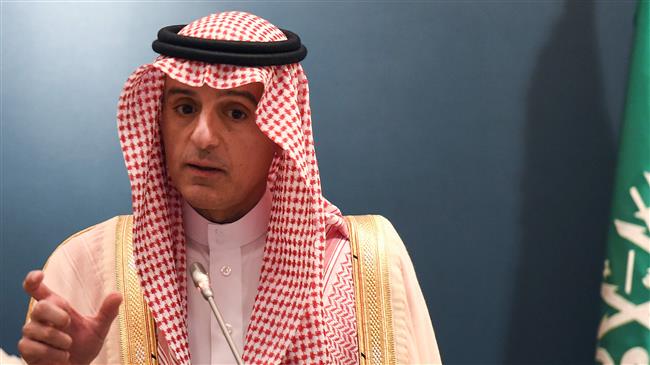



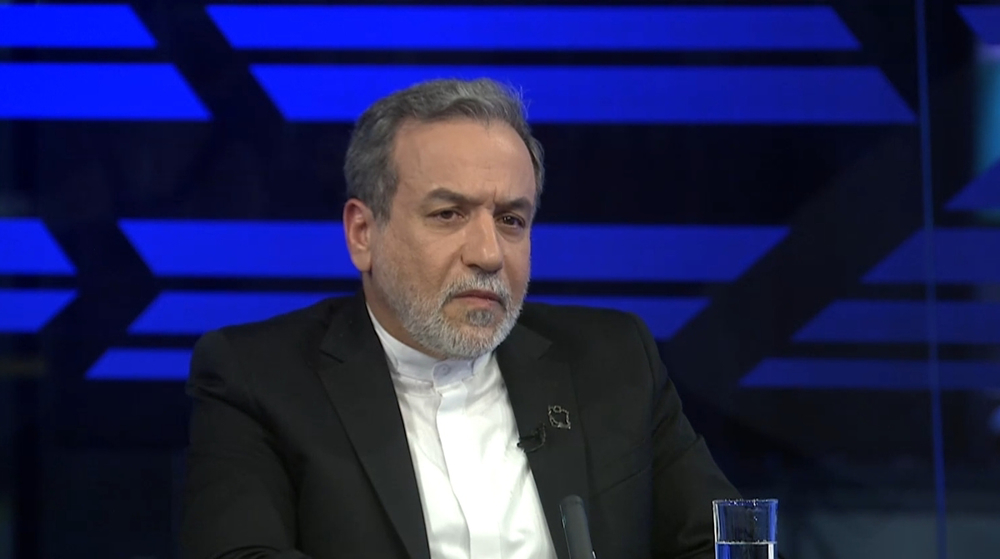

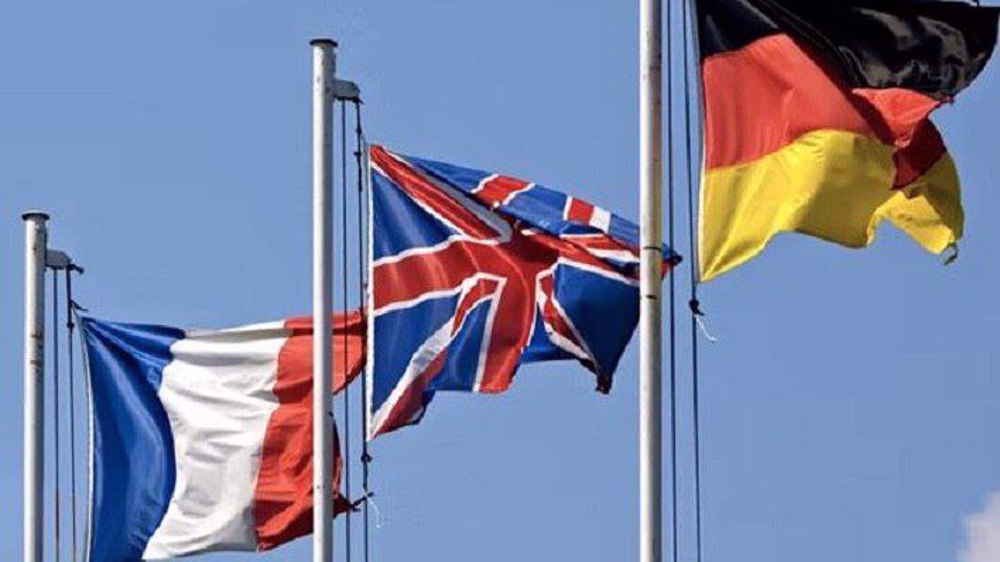




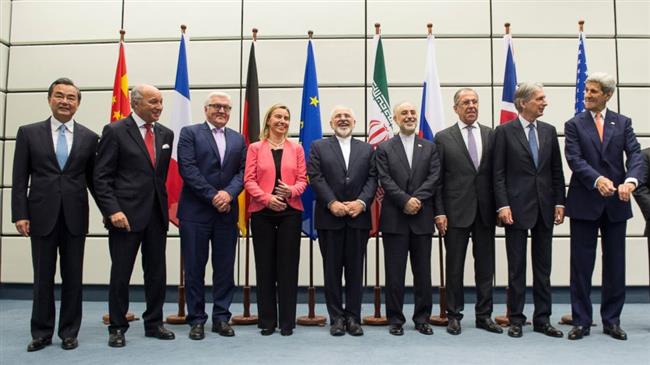
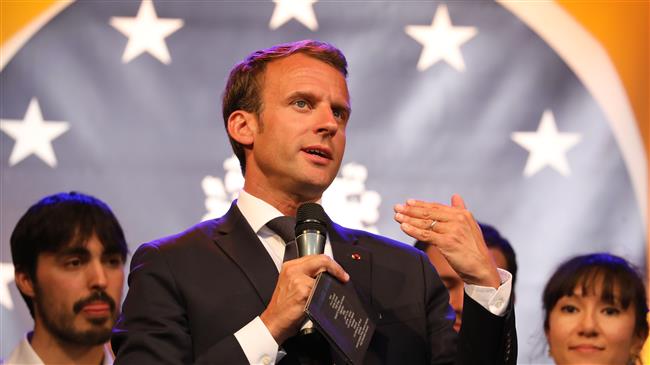

 This makes it easy to access the Press TV website
This makes it easy to access the Press TV website